Music has the wonderful ability to cross boundaries and touch the hearts of people from all walks of life. When we think of influential musical genres, reggae stands tall, emanating from the vibrant island of Jamaica.
In this piece, we’ll dig into the deep origins of reggae and trace its extraordinary journey from Jamaica’s coasts to the furthest reaches of the globe.
Introduction to the Global Impact of Jamaican Music
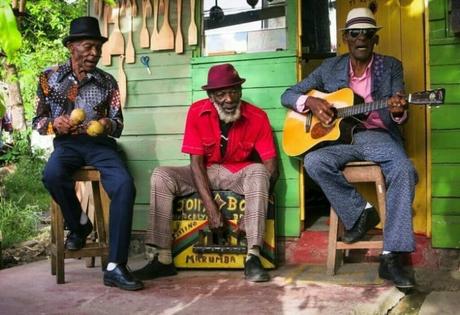
Jamaica, ensconced in the Caribbean’s tropical beauty, has long been a breeding place for musical inventiveness. Its rhythmic inventions have left an everlasting effect on the worldwide music scene, from the irresistible beats of ska to the soul-stirring melodies of reggae.
The question arises: What sets Jamaican music apart and makes it so influential? To unravel this intriguing phenomenon, we must embark on a journey through the enchanting world of Jamaican music.
Spread of Reggae Worldwide
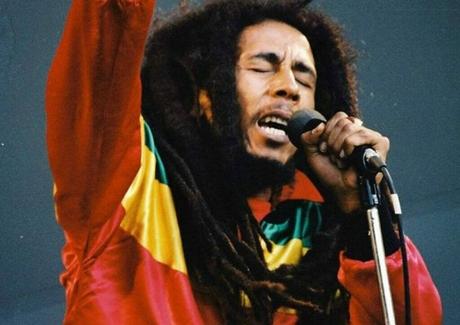
The famous Bob Marley and The Wailers enthralled listeners with their immortal songs in the late 1960s and early 1970s, propelling reggae to international popularity. The irresistible blend of soulful melodies, socially conscious lyrics, and the distinctive “one-drop” rhythm captured hearts and minds across continents. As the music industry evolved, reggae’s reach extended far beyond the shores of Jamaica.
Notable artists like Jimmy Cliff, Peter Tosh, and Burning Spear took the reggae sound beyond its birthplace, captivating international audiences with their magnetic performances and genuine expressions of Jamaican culture. Through their music, they shared the essence of Jamaican identity and opened doors for reggae to become a universal language of unity and liberation.
The spread of reggae became a testament to the genre’s ability to transcend borders and connect people from diverse backgrounds in a shared appreciation for its mesmerizing soundscape.
The spread of reggae worldwide can be seen through the influence it has had on various regions and musical cultures. Here are some notable examples:
- United Kingdom: Reggae found a welcoming audience in the UK, particularly among the Caribbean diaspora. Artists like Desmond Dekker, Steel Pulse, and UB40 gained popularity and introduced reggae to a wider British audience.
- United States: Reggae had a big effect on the United States, especially in big areas like New York and Los Angeles. Jamaican artists such as Jimmy Cliff and Bob Marley paved the way for reggae’s popularity, while American artists like Inner Circle and Big Mountain achieved chart success with reggae-infused hits.
- Africa: Reggae resonated deeply with the African continent, where its messages of liberation and social justice struck a chord. Artists like Lucky Dube from South Africa, Alpha Blondy from Ivory Coast, and Majek Fashek from Nigeria embraced reggae and infused it with their own cultural influences, creating a unique African reggae sound.
- South America: Reggae’s infectious rhythms found a home in countries like Brazil and Argentina, where it blended with local musical styles and created vibrant subgenres. Brazilian artists like Gilberto Gil and Natiruts, as well as Argentinian bands like Los Cafres and Nonpalidece, became torchbearers of reggae in their respective regions.
- Pacific Islands: Reggae found a natural affinity in the Pacific Islands, where its laid-back melodies and messages of unity resonated deeply. Artists like Fiji, Katchafire, and Herbs from countries like Fiji, New Zealand, and the Cook Islands brought reggae to the forefront of the Pacific music scene.
Jamaican Music’s Influence on Other Music Genres
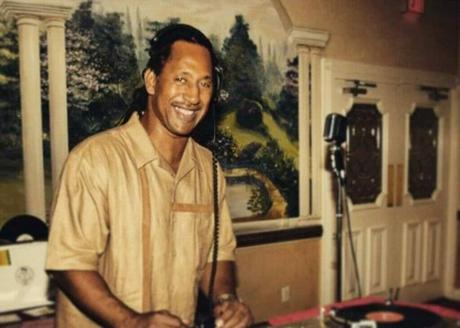
Reggae’s influence extends beyond the boundaries of its own genre, permeating and inspiring various musical landscapes.
Its groovy basslines, laid-back vibes, and distinctive sound have left an indelible mark on diverse genres, creating unexpected fusions and collaborations. From the smooth rhythms of Caribbean-infused pop to the rebellious spirit of punk rock, reggae’s impact can be felt in surprising places.
One notable example of reggae’s influence is its profound impact on hip-hop.
The fusion of reggae’s rhythmic patterns, DJ-style toasting, and sound system culture became foundational elements of early hip-hop.
Artists like Kool Herc and Grandmaster Flash drew inspiration from Jamaican sound system parties, translating their energy and techniques into the emerging hip-hop movement. This fusion of reggae and hip-hop created a dynamic synergy, influencing subsequent generations of artists and shaping the contemporary music scene.
Reggae’s Cultural Significance
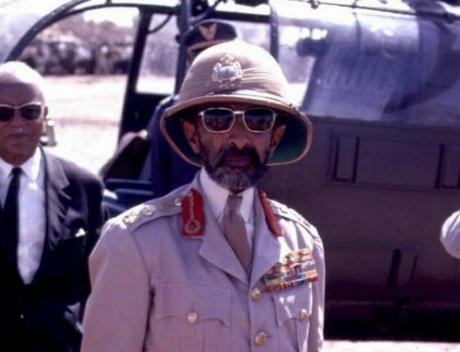
Beyond its musical prowess, reggae holds immense cultural significance, serving as a powerful voice for the oppressed and a catalyst for social change.
Reggae has become a platform for social criticism, putting focus on critical concerns such as poverty, inequality, and injustice, because to its beautiful lyrics and captivating rhythms. It has struck a profound chord with underprivileged populations all around the world, providing a sense of empowerment, solidarity, and optimism.
Reggae’s cultural impact is intricately intertwined with Rastafarianism, a spiritual and social movement born in Jamaica.
Rastafarian culture has become synonymous with reggae music, with its characteristic emblems of dreadlocks, red, gold, and green, as well as veneration for Ethiopian Emperor Haile Selassie. The movement’s core principles of equality, spirituality, and resistance have become intertwined with the very fabric of reggae, elevating it beyond a mere genre of music and transforming it into a vehicle for social transformation and cultural identity.
Contemporary Reggae Artists
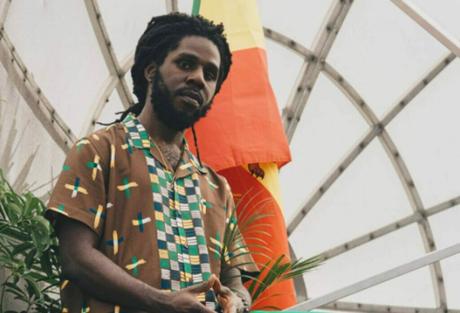
While reggae’s roots run deep, the genre continues to evolve and thrive with the emergence of contemporary talents.
Today, a new wave of reggae artists carries the torch, ensuring the genre’s vitality and relevance for new generations of listeners. Artists like Chronixx, Protoje, and Koffee have garnered international acclaim, infusing fresh energy into reggae while honoring its core values.
These current reggae musicians expertly integrate classic reggae components with new inspirations, bridging the gap between Jamaican music’s rich past and the ever-changing preferences of a worldwide audience. Their passion, authenticity, and commitment to social consciousness keep the flame of reggae burning brightly, ensuring its enduring legacy as a genre that speaks to the hearts and minds of music lovers worldwide.
FAQ
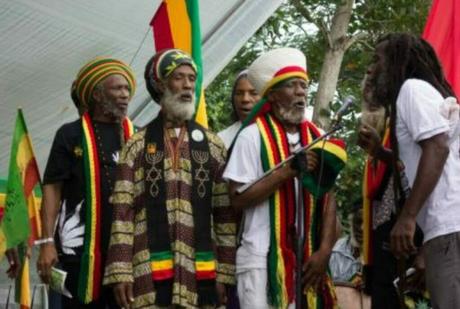
What Are Jamaicans Two Main Musical Influences?
Jamaican music draws upon two primary influences: African rhythms and melodies, and the musical traditions brought by the European colonizers. The fusion of African and European musical elements gave birth to distinctive genres like mento, ska, rocksteady, and ultimately reggae.
How Did Jamaican Music Influence Hip-Hop?
Jamaican music had a tremendous impact on the creation of hip-hop. The rhythmic patterns, sound system culture, and toasting (DJ-style vocal improvisation) in Jamaican music influenced early hip-hop pioneers. Jamaican sound system parties also served as a blueprint for block parties in New York City, which became the birthplace of hip-hop.
How Did Reggae Music Influence Jamaica?
Reggae music began in Jamaica in the late 1960s and had a tremendous impact on the island’s culture. Reggae became a powerful voice for social commentary, addressing issues of oppression, inequality, and resistance. It not only functioned as a forum for Jamaican identity, but it also promoted the Rastafarian movement, emphasizing its cultural and spiritual relevance in Jamaican culture.

